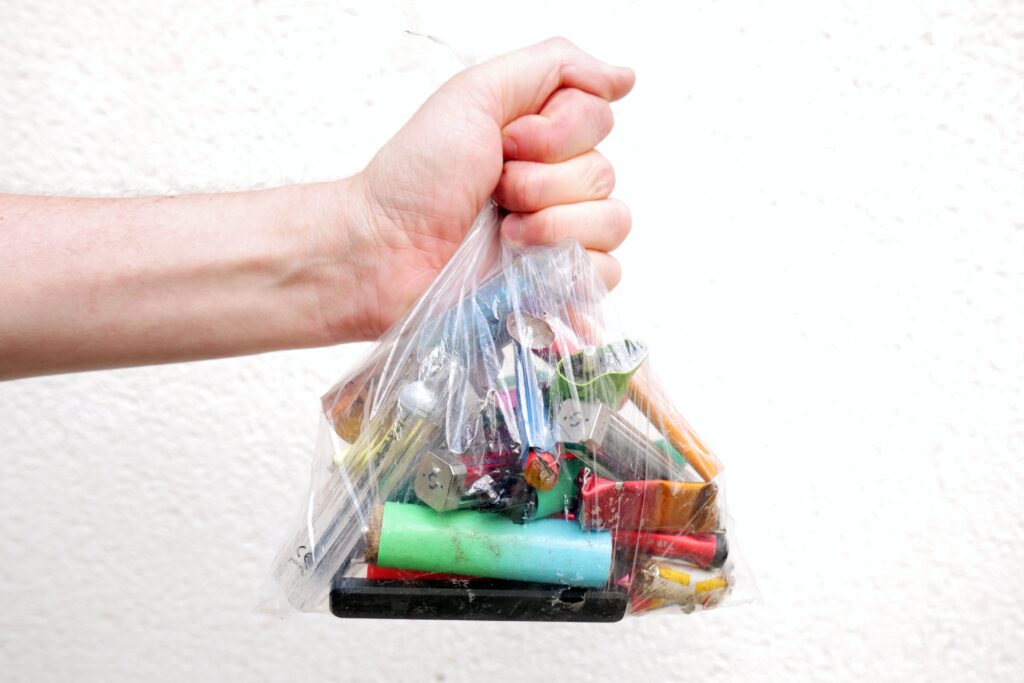Speaking at an event in London, the head of new technologies at Defra's Waste Implementation Programme, Dave Brooks, said more education is needed by Defra and Environment Agency officials.
He also said there had been delays in the permitting and problems with funding for some of the five “demonstrator” plants funded by the New Technologies Demonstrator Programme.
” There are officers sat at desks looking at gasifier plants on paper and they are thinking – 'where do I start?'“
– Dave Brooks, Defra
Mr Brooks said: “The Environment Agency and Defra are not prepared for new technologies. There are officers sat at desks looking at gasifier plants on paper and they are thinking – 'where do I start?'.
“No one knows how to deal with these new facilities in terms of permitting and licensing. There needs to be more education,” he explained.
Demonstrator
The 30 million Demonstrator Programme, announced by Defra in September 2004 (see letsrecycle.com story) is attempting to demonstrate the commercial viability of a range of waste treatment processes that are not yet widely used in the UK.
Under the scheme, five demonstrator plants are to be up and running by the end of 2005, with five further plants in operation by the end of 2006. Reporting on the scheme's current progress, Mr Brooks said: “Some of the projects are doing very well. There are some real success stories such as Greenfinch's anaerobic digester in South Shropshire and ADAS's MBT and in-vessel composting plant in Cambridge.”
But Mr Brooks added a word of warning to local authorities pinning their hopes of meeting Landfill Allowance targets on mechanical biological treatment (MBT) facilities. He said: “Everywhere I go, councils think MBT is the answer to all their prayers – they don't realise that it is a pre-treatment for waste and not the total answer.”
Mr Brooks was addressing an event organised by law firm Denton Wilde Sapte, entitled 2010: waste strategy delivery, a local authority checklist. He said there were “tremendous barriers” to bringing on new technologies, explaining: “Demonstrator plants need to find the right local authority to act as a host. Piggybacking, for example putting new technologies close to existing waste sites is a good option.”
Preparation
Difficulties are being caused in new technology projects because of insufficient preparation by the companies behind the projects, Mr Brooks revealed. “There are about 15 or 20 ex-trial sites around the country which have suffered from poor engineering. For example, they have been using feedstocks which are too wet,” he said.
| Related links: |
Bringing engineers on-board straight away and letting them become decision makers in the process could help avoid problems later, he suggested.
Defra will shortly announce the second batch of five demonstrator programmes under its New Technologies programme, Mr Brooks said, adding that the programme had so far received 94 expressions of interest in total.











Subscribe for free